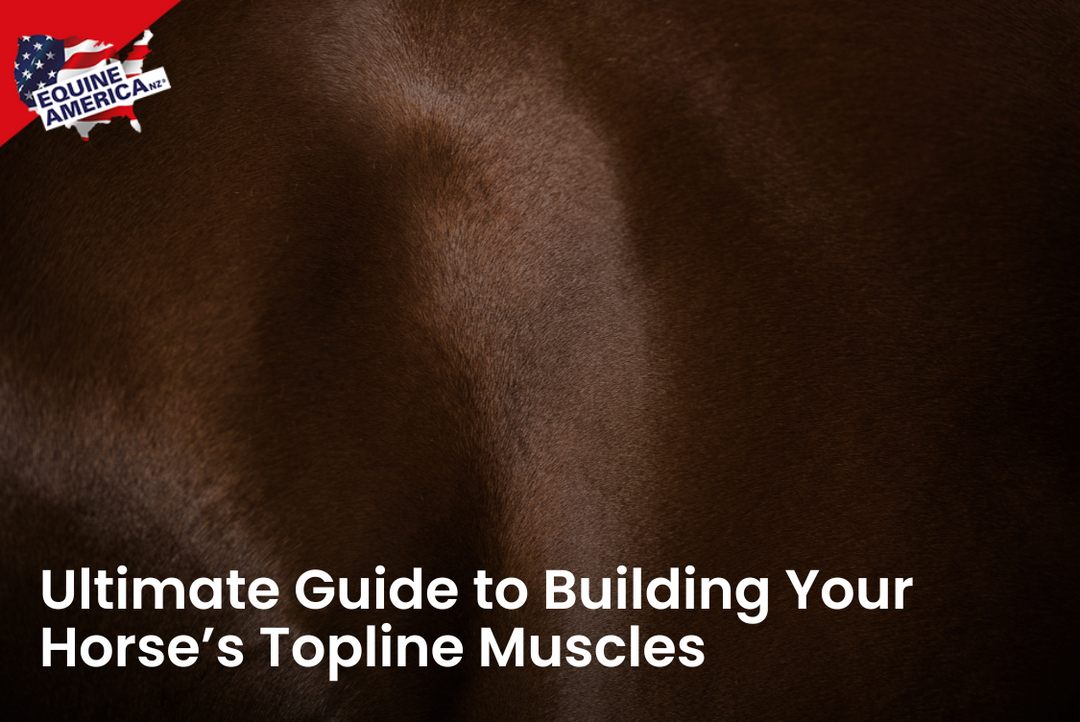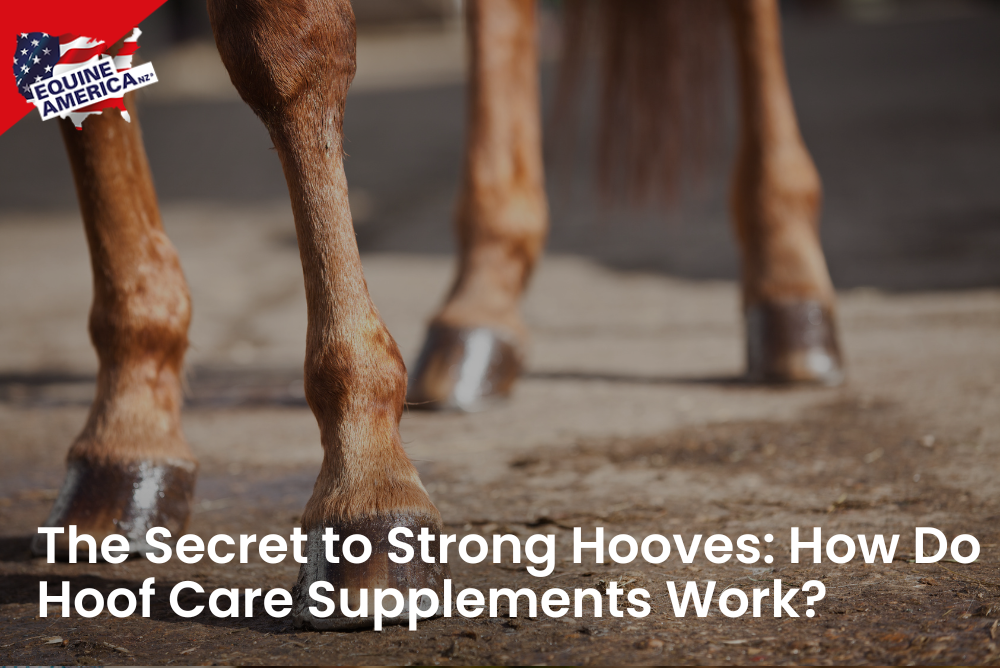A thorough feeding schedule that guarantees your horse is receiving all the nutrients, vitamins and minerals necessary to perform at their peak is essential for competition horse owners. A balanced diet that satisfies your horse's nutritional needs can help safeguard health and guarantee peak performance. The fundamentals of feeding your competition horse, including feed types, forage, supplements, and feeding schedules, will be covered in this blog. This manual will assist you in creating a feeding schedule that is specific to your horse's requirements, whether you are a seasoned competitor or a novice.
Understanding Your Horse's Nutritional Needs
To keep your horse at a healthy weight, with sufficient energy, and in good health overall, you must be aware of their nutritional requirements. Because each horse is unique, so are their dietary requirements. Breed, age, weight, workload, and physical condition are just a few of the variables that will affect what your horse needs to eat.
The best feeding schedule for your horse should be decided in consultation with your veterinarian or an equine nutritionist. A combination of forage, concentrate, and supplements, like joint supplements or calming supplements, should be part of a balanced diet.
Feeding For Performance
Feeding for performance is a crucial aspect of caring for competition horses. These animals require high-quality nutrients to maintain their energy levels and muscle mass, and to support their overall health. Adequate feeding can help to prevent issues such as fatigue, injury, and poor performance.
When it comes to feeding for performance, there are a few key factors to consider. Firstly, the amount of food given should be based on the horse's body weight and workload. As the workload increases, so too should the amount of food offered. In general, competition horses require around 2-2.5% of their body weight in dry matter per day.
Secondly, the type of food offered is also important. For performance horses, a diet high in fibre and low in starch and sugar is ideal. Fibre can be obtained from sources such as hay, while grains can provide additional energy. However, it is important to avoid overloading the horse with high-starch grains, as this can lead to digestive issues and metabolic disorders.
Finally, feeding frequency is also crucial. For competition horses, it is generally recommended to offer several small meals throughout the day, rather than one or two large meals. This helps to keep their energy levels steady and maintain their focus during training and competition.
Types Of Feed
There are various types of feed available for horses, each with its own unique benefits. Here are some of the most common types:
- Hay: This is the most common type of feed for horses. It provides roughage that helps keep the digestive system functioning properly. Horses should be fed 1-2% of their body weight in hay per day.
- Grains: Grains such as oats, barley, and corn are high-energy feeds that provide the necessary fuel for performance horses. They should be fed in small quantities, and the type and amount of grain should be tailored to the individual horse's needs.
- Concentrates: These are feeds that are designed to be fed in smaller amounts but have a higher nutrient density than hay or grains. Concentrates can include pelleted feeds, extruded feeds, and supplements.
- Forage-based feeds: These feeds are a mix of hay, grains, and concentrates, and are designed to provide a balanced diet for horses that need more energy than hay alone can provide.
- Specialty feeds: There are also specialty feeds available for horses with specific needs, such as senior horses or horses with metabolic disorders.

Feeding Schedule
Feeding schedule is an important aspect of a complete feeding guide for competition horses. As a general rule, horses should be fed two to three times a day, with consistent meal sizes and feeding times. Providing a regular feeding schedule can help prevent digestive upsets, such as colic, and promote healthy digestion.
The timing of meals should also be considered when planning the feeding schedule. For example, it is recommended that horses have access to forage (hay or pasture) throughout the day, as it helps to maintain gut health and prevent ulcers. However, feeding a large meal immediately before exercise may cause discomfort or even impaction colic. A good practice is to feed a small meal or snack 30 minutes to an hour before exercise and then a larger meal after the exercise.
It's also important to consider the amount of time between feeding and competition. Depending on the type of feed and the horse's individual digestive system, some feeds may take longer to be fully digested and absorbed. To avoid the risk of digestive upsets, it is recommended to stop feeding your horse two to three hours before competition.
Ultimately, a consistent and balanced feeding schedule can contribute to the overall health and performance of competition horses. It's important to work with a qualified equine nutritionist to develop a feeding plan that meets your horse's individual needs and supports their performance goals.
Monitoring Your Horse's Health And Performance
Monitoring your horse's health and performance is crucial in determining the effectiveness of your feeding plan. Regular veterinary check-ups and health assessments can help identify any deficiencies or issues that need to be addressed.
Additionally, monitoring your horse's performance can give you an idea of whether your feeding plan is working or not. Look out for signs of poor performance, such as fatigue, lethargy, weight loss or gain, and changes in appetite. Keep track of your horse's body condition score, which can be a helpful indicator of overall health and nutrition.
It's also important to regularly evaluate and adjust your feeding plan based on your horse's changing needs, as factors like age, activity level, and environmental conditions can affect their nutritional requirements.
Final Thoughts
Feeding a competition horse can be a complex process, but understanding your horse's nutritional needs, choosing the right feed and supplements, and monitoring their health and performance can help ensure they perform at their best. Remember to consult with a veterinarian or equine nutritionist to create a feeding plan that meets your horse's specific needs. Don't forget to also consider the quality of the feed and supplements you choose, as well as the feeding schedule.
If you have any questions or would like more information about feeding your competition horse, please don't hesitate to reach out to Equine America NZ. Our team is dedicated to providing high-quality supplements and nutritional support for horses of all levels of performance.




